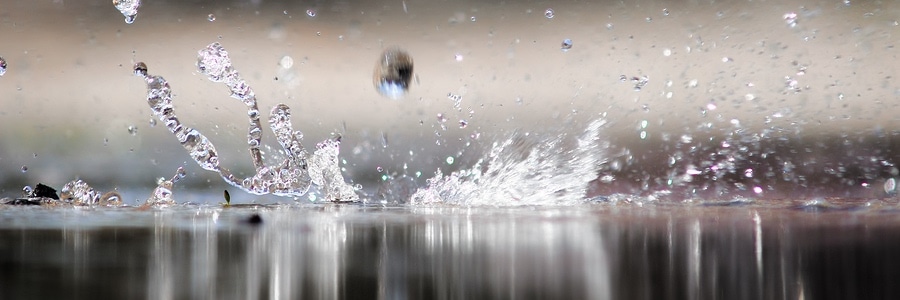Roof water users can reduce their risks of disease from contaminated rainwater.
Illegal to collect rainwater from roof.
The downspout is cut to a height that permits the rain water to flow into a barrel placed beneath it.
Such water does not go bad at all.
The law used to be the only obstacle.
However like with many things there are rules and ordinances at the state level that may affect you.
If you collect in tanks from your own roof structures it is not illegal.
In the united states there aren t federal laws or restrictions based on rainwater harvesting.
Only if it sits for a long period of time without use and without subsequent refills will it go.
But for groundwater harvesting regulations are.
That s because weirdly collecting rainwater is actually illegal in some states.
To comply with colorado water law the container must be equipped with a sealable lid.
Collecting rain was technically illegal in many states because any precipitation was subject to that strict hierarchy of water rights stretching back to the mid 1800s.
That s the good news.
Exactly how much rainwater you re allowed to collect and use varies across the u s for example under a colorado law passed in 2016 homeowners are now allowed to catch and use two rain barrels a total of 110 gallons from their rooftops but no more.
This means at the federal level it is not illegal to collect rainwater.
In 2016 house bill 16 1005 was passed allowing residents to collect rainwater from a catchment system on their rooftops into two rain barrels with a combined capacity of 110 gallons.
Also rain water collected in tanks that are used can sit for a very long time because the water gets refilled and replaced by new rains.
Any container capable of collecting the rain shedding from a roof or patio can be used as a rainwater harvesting system.
Rainwater harvesting is encouraged in alaska and considered a primary source of water.
Here are a few with specific rules governing rainwater harvesting.
Under section 39 of the health act it is illegal to let or sell a house unless there is a supply of potable water.
All in all the severity of those laws tend to differ in each of the states.
Two laws were passed in 2009 which loosened restrictions on rainwater collection allowing residents to use rainwater for non potable purposes.
The barrel should have a spigot to which a hose may be attached and an overflow hose.
Collected rainwater may be used to irrigate outdoor lawns plants or gardens.
Untreated rainwater collected from roofs is not safe to drink.
The collected rain must be used on the property where it is collected and may only be used for outdoor purposes such as lawn irrigation and gardening.

